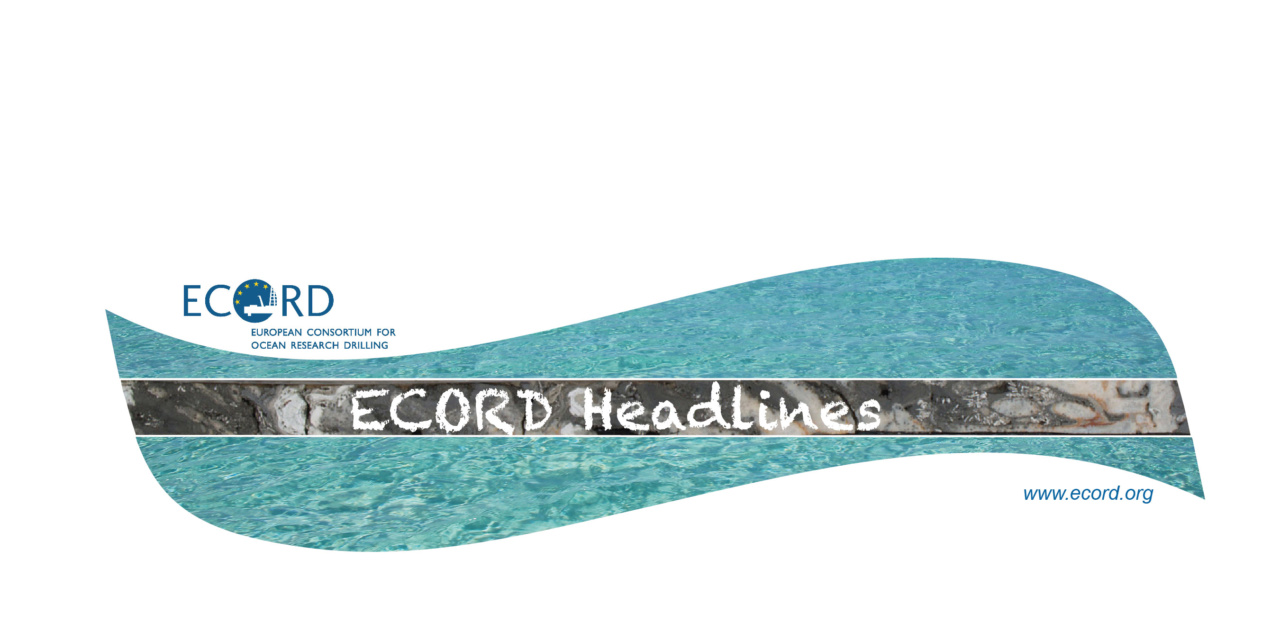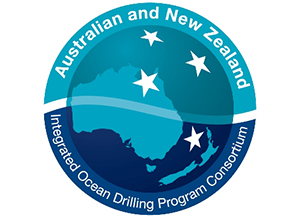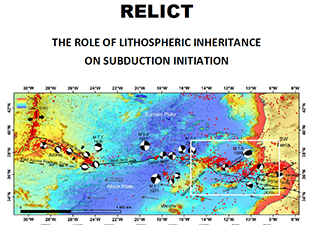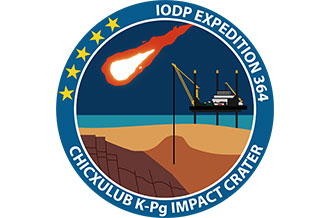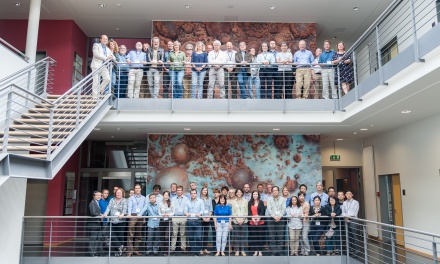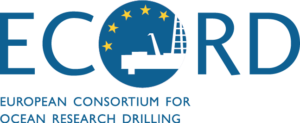ECORD Headlines #18:
ECORD and scientific ocean drilling beyond 2024
ECORD intends to continue to play a prominent role in post-2024 scientific ocean drilling, based on its well-established infrastructure, its successful implementation of novel mission-specific expeditions, competitiveness in the international research landscape and maximum scientific return from investment.
ECORD is currently shaping its post-2024 plans building on: 1) a commitment to the ‘philosophy’ of the successive scientific ocean drilling programmes to date; 2) the legacy of its achievements, success and innovations since 2004; and 3) the need to adopt an innovative approach tailored to meet the needs of the post-2024 international landscape. Our emerging plans are being defined and sharpened internally, especially through the instrumental role of the ECORD Vision Task Force and via continuous exchanges between all ECORD entities. ECORD has also exchanged views on the future with its current partners through our regular channels of communications and via bilateral meetings despite the impact of the COVID-19 pandemic on our ability to hold in-person discussions. Further bilateral meetings and direct discussions with partners are planned and will be of pivotal importance in coming weeks and months.
The broad outlines of ECORD’s intentions for post-2024 scientific ocean drilling have already been presented during IODP meetings (Facility Boards and Forum meetings), culminating in the recent IODP Forum and Inter-Governmental meetings that were held in a hybrid form on 11-13 October 2021 (Rome, Italy). The 2050 Science Framework (http://www.iodp.org/2050-science-framework), which represents a new and innovative approach for conducting science using offshore drilling platforms, must be the foundation of such future initiatives.
Mission-Specific Platform (MSP) expeditions will play a prominent role in achieving the goals of the 2050 Science Framework. ECORD intends to further develop the MSP concept by diversifying drilling and coring technologies, including riserless drilling, and applying them to all geological environments, as determined by scientific priorities, operational efficiency and better value for money. We intend to foster active collaboration with other platform providers, as well as other programmes and initiatives with similar scientific objectives, and implement joint expeditions in “MSP-mode”, regardless of the technology and/or the drilling/coring needs.
Any development of post-2024 international scientific ocean drilling initiatives will require current and new platform providers to confirm their participation and work together on a sustainable implementation model, including use of available facilities, core and data legacy agreements and general coordination of independent programmes.
The end of the International Ocean Discovery Program, now planned on 30 September 2024, will represent a major change in the organization of international activities related to scientific ocean drilling. The development of post-2024 scientific ocean drilling initiatives will be characterized by a transition from a single international programme operating with independent platform providers to some form of ‘alliance’ of independent and collaborative programmes, whose internal organization and mutual collaboration still need to be defined.
There are still many challenges to tackle and many issues to be solved within the next months through bilateral and other in-person and virtual meetings. The IODP Forum extraordinary meeting that will be held during the weekend preceding the EGU in Vienna, Austria (2-3 April, 2022), will certainly represent a major step in progress towards making concrete plans for the future of scientific ocean drilling. Major issues concerning future initiatives include (among others): systems for proposal and data management, currently the main responsibility of the Science Support Office; the scientific and safety evaluation of drilling proposals, currently the remit of the Science Evaluation Panel and the Environment Protection and Safety Panel, respectively; and the scheduling of drilling expeditions, currently the main task of Facility Boards within IODP.
The development of post-2024 initiatives will also require continuity of core and data legacies, in order to maintain one of the key basic principles of the successive international scientific ocean drilling programmes. During the last IODP-Forum meeting, all current IODP partners hosting an IODP Core Repository expressed a strong will to preserve core and sample collections and to ensure the continued availability of this material to all legitimate scientific users after the end of IODP. The related agreements among current IODP partners will have to be formalized to ensure the continuity of legacy activities throughout the transition between IODP and future scientific ocean drilling initiatives.
Communication plans to inform ocean drilling science communities about the rapidly evolving situation of the post-2024 plans have been set up and will develop further in the next months. A first ECORD Community Webinar will be organized in January 2022 and others will follow to update the science community on a regular basis. In addition, our usual channels (websites, newsletters, social media networks) and an open discussion/online forum will be used to collect community feedback… stay tuned !
The ECORD Vision Task Force: Gilbert CAMOIN (EMA Director), A. MORRIS (ESSAC Chair), A. CAMERLENGHI (ESSAC Vice-Chair), G. UENZELMANN-NEBEN (EFB Chair), D. McINROY (ESO Manager), M. WEBB, G. LUENIGER, F. LAGROIX/S. GUILLOT, B. WESTEROP, M. ENGELHARDT (ECORD Council)
Download ECORD Headline #18

